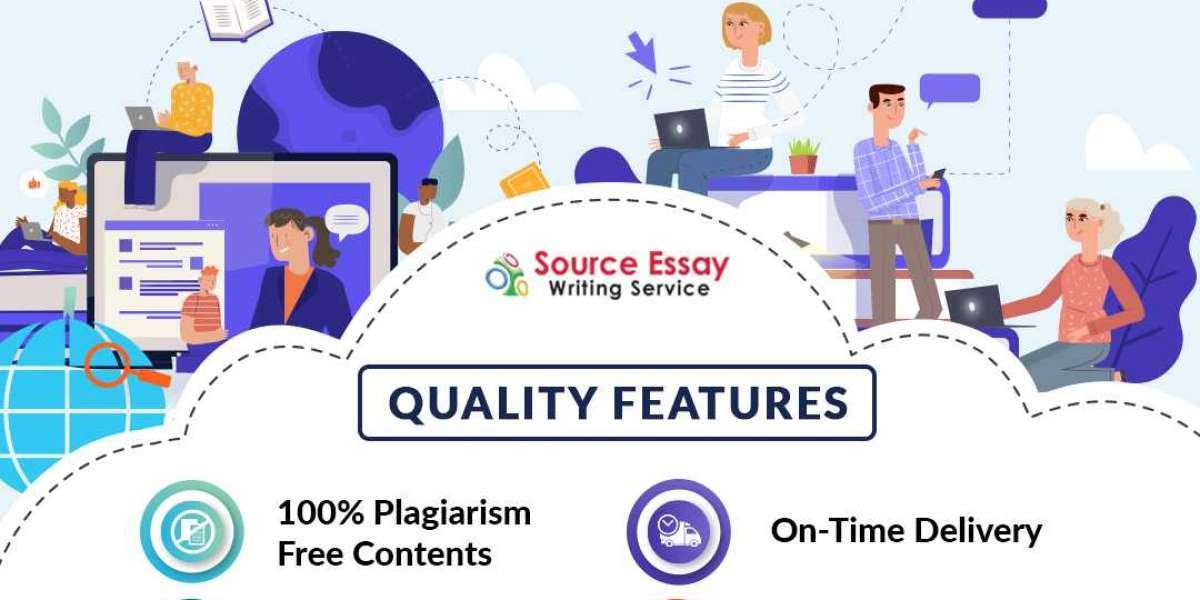A successful entrepreneur for young people to succeed. One of the top five abilities that businesses, firms, and organisations throughout the world commonly look for is analytical ability. As a result, the best colleges in the world try to set themselves apart by emphasising the development of analytical skills. However, despite the fact that many students are eager to hone their analytical abilities, they frequently find it difficult to develop, show, and apply these abilities in the workplace.
Here are some tips for maximising your academic experience to sharpen your analytical abilities.
Recognize the meaning of "analytical skills."
Analytical abilities have as many different definitions as there are practical uses for them. The majority of experts, educators, and trainers generally discuss the capacity to process information deductively and/or inductively. In order to see the wider picture or trend behind statistics, it might occasionally help to be able to gather, visualise, and evaluate information. In other instances, it is the capacity to break down large chunks of data or the "big picture" of a situation in order to uncover the specifics and the underlying patterns or connections that link them.
Join in on student projects that involve analysis.
Nearly every year, our students engage in in-class projects with partner organisations that are practical policy-related. For instance, as part of a study, we studied the technological parks in Silicon Valley and evaluated how well they could be applied to the setting of research universities. The goal was to break down large amounts of data about the accomplishments of several techno parks in the San Francisco area in order to identify micro- and macro-trends in practical policy that could help to explain how the innovative system actually functions in techno parks and what should be done to benefit from that experience.
Start with an obvious structure.
Students are frequently tempted to go right into analysis when we discuss how to improve analytical skills and apply them to our projects. However, excellent analytical work necessitates that students adhere to a set of rules, guidelines, and a predetermined plan. This is particularly crucial in the age of the information revolution, when there is occasionally an excess of knowledge available on crucial subjects. We usually tell our students that the first step is to read textbooks, articles, and other resources to come to a common knowledge of the main sorts of analytical skills and analytical tools that we need for our projects. This is the first rule, we always tell them. They can also get Make My Assignment Singapore if they are not well aware of the tools and methodology.
Pay attention to your project-specific analytical abilities.
The second guideline I have is that students must also acquire analytical skills that are related to their particular projects or subjects, or even across several disciplines.
Regularly work on your analytical abilities.
The ability to acquire, hone, and practise analytical abilities on a regular basis to preserve the calibre of analysis and, in fact, the calibre of the analytical mind, is one secret to long-term success in analytical work. Some people contend that the ability to think analytically is a talent bestowed by nature, while others contend that an individual's intellectual surroundings mould this ability. Both of these presumptions, in my opinion, are incorrect because analytical skills are abilities that may and should be viewed as soft technical skills.
Determine the useful analytical tools.
Students can obtain particular analytical tools that will allow them to successfully conduct analyses for group projects (and for solo efforts as well) from SourceEssay assignment help. We frequently employ a method known as the "analytical decision tree" In policy research, especially in decision-making analysis, an analytical decision tree is frequently utilized. This analytical tool employs a graph or model to assess the series of choices and potential results and then visualizes them using a tree-like graphic concentrating on policy/action outcomes and resource costs, in order to determine a plan of attack to achieve desired goals.
Ask for advice and suggestions for improvement.
In my class, creative students frequently explore for novel ways to hone and improve their analytical abilities. Working on group projects, discussing them inside the group, and presenting them to a larger audience are some of the finest methods to learn. Positive and negative comments, or "bouncing ideas," from co-workers or acquaintances can be used to gauge one's analytical abilities and guide efforts on honing and improving them. SourceEssay essay typer are there to give you the right advice.



